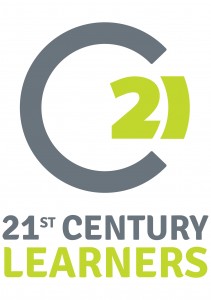Biesta’s model of the multiple purposes of education (see previous post) provides a framework for exploring big questions about the aims of schooling. But can it usefully be adapted to help the leaders of individual subjects to explore the purposes of their provision, and ultimately to develop a driving vision?
In recent meetings with science subject leaders (at KS2 and KS3) I have suggested the following model as a starting point for discussing the broad purposes of science education and then for developing a set of more specific aims and a vision statement. Continue Reading »





